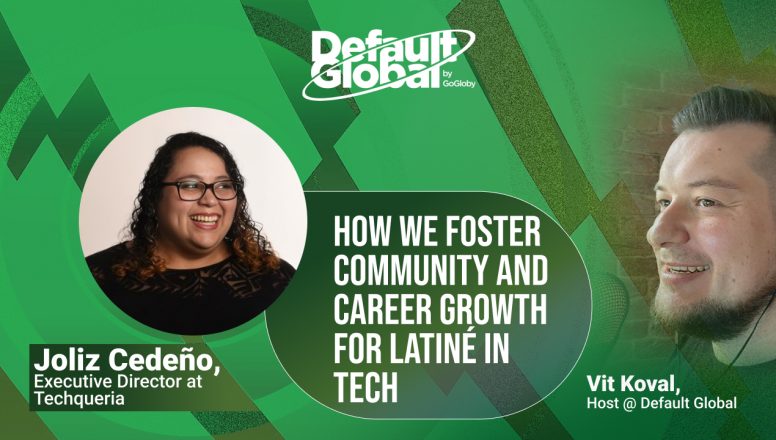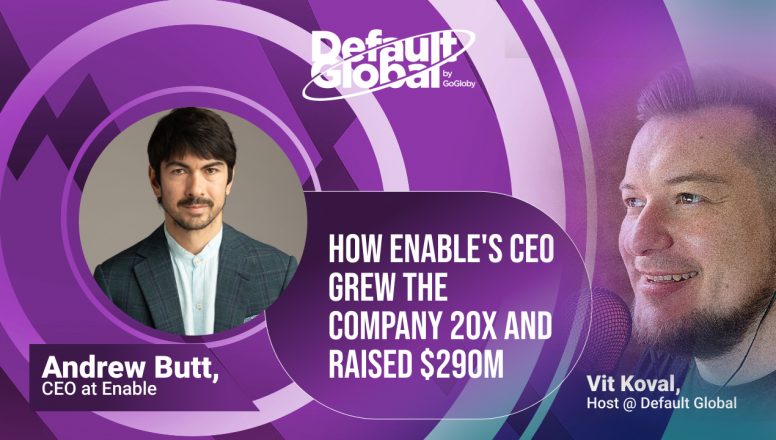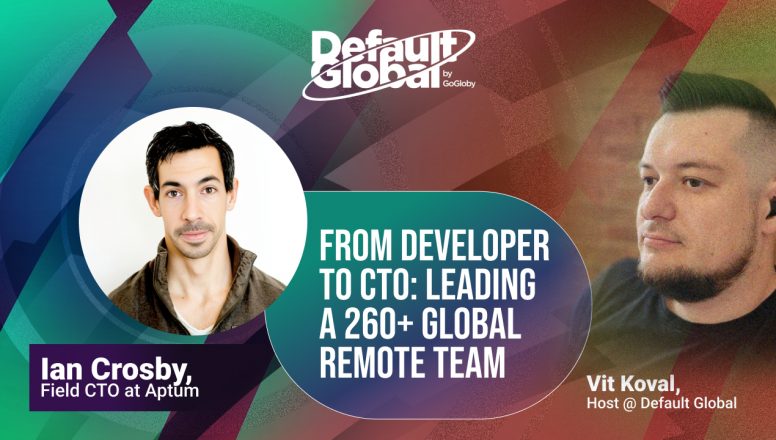Meet Christina Qi, CEO at Databento:
Christina Qi, CEO of Databento, embarked on a unique journey from running a high-frequency trading firm to becoming a data service provider. Faced with scaling challenges in the hedge fund industry and recognizing the outdated state of data accessibility, Christina saw an opportunity to make data more accessible, affordable, and user-friendly in a global and remote work environment.
This led to the creation of Databento, a company dedicated to transforming the data landscape by providing instant access to valuable information, regardless of location or physical equipment.
As the CEO of Databento, Christina Qi continues to lead the charge in revolutionizing data accessibility for tech leaders and businesses worldwide.
Listen Up: Christina Qi, CEO at Databento — Full Podcast Episode on Spotify
Watch Now: Vit’s In-Depth Talk with Christina Qi
Quick Read: Christina Qi, CEO at Databento, Interview Highlights
What strategies have you implemented to attract high-caliber talent from well-known companies like Stripe?
Christina mentions that they have hired the best people regardless of their location, embracing a remote work environment. They prioritize hiring top talent from around the world and take advantage of the increasing coverage of employment options globally. They have experienced both in-person and remote work environments, and going fully remote has been one of their best decisions.
“Well, first off, we hired the best people around the world regardless of location. I think that helps a lot.”
How have you found that remote work has impacted productivity and employee satisfaction in your company?
Christina explains that remote work has positively impacted productivity in their company. They have observed that people are surprisingly more productive in a remote environment. While they offer some office space options, they don’t enforce an in-person work environment and believe that people are adults and can be productive remotely. They trust their employees and focus on identifying and addressing any underlying reasons for decreased productivity, rather than attributing it solely to remote work.
“We don’t want to have any mandates and force people into this kind of office environment because we do feel like people are surprisingly more productive in a remote environment.”
Have you noticed any differences between hiring in the US and hiring outside of the US?
Christina mentions that while there are cultural and language differences, they haven’t noticed many major differences between hiring in the US and outside of it. They have great respect for candidates whose second language is English, understanding the difference between language proficiency and effective communication. They prioritize evaluating communication skills rather than accent or fluency during the interview process.
“Surprisingly, not too many major differences. Like, there’s always cultural and language differences, of course. But, you know, we have mad respect for people who are, you know, English is their second language.”
As a company that provides data services to startups, how do you make your services more accessible and affordable for these early-stage businesses?
Christina explains that their company, Databento, aims to make their data services more accessible and affordable for startups. They have streamlined the process of accessing and licensing data, eliminating the high costs often associated with it. They offer pay-as-you-go pricing, starting at 45 cents per gigabyte, allowing startups to only pay for the data they actually use. This pricing model makes it more feasible for startups to access the data they need without incurring unnecessary expenses.
“And all of our data is pay as you go. So pricing starts at 45 cents per gigabyte, which makes it more accessible. So you only have to pay for the data that you actually use.”
How have you identified the key factors that contribute to employee satisfaction and retention in your company?
Christina shares insights from their experience in identifying the key factors that contribute to employee satisfaction and retention. They have learned that employees stay in a company not solely because of perks or office amenities, but because their voice is heard, they have opportunities for learning and growth, and they can make an impact in their work. By focusing on these aspects, such as providing a remote work environment and ensuring constant learning and contribution, they have created a work environment that aligns with what employees are looking for today.
“People stay because their voice is being heard, because they’re learning, because they’re contributing and they’re making an impact on the industry because they’re constantly learning and they’re growing in their job.”
How do you navigate the challenges of hiring globally and address any cultural or language differences that may arise?
Christina discusses the challenges of hiring globally and how they address cultural and language differences. They approach global hiring with respect for candidates who have English as their second language and acknowledge that there may be differences in communication styles. They focus on evaluating communication skills rather than accent or fluency during the interview process. They emphasize understanding the difference between being bad at speaking English and being bad at communication, ensuring fair assessment and consideration for candidates from different backgrounds.
“There’s a difference between, you know, being bad at speaking English versus being bad at communication… You can be perfectly fluent in English… and be horrible at communication.”






